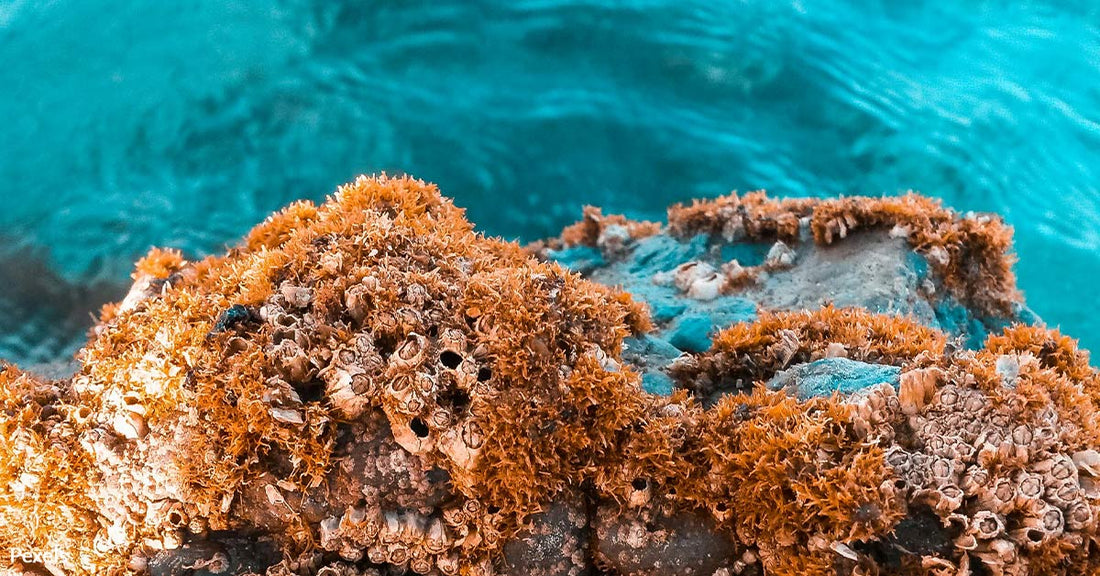Scientists Uncover World’s Largest Coral Hidden Beneath the Pacific
Matthew Russell
The discovery of the world’s largest coral, found off the Solomon Islands, has captivated scientists and conservationists. Known as *Pavona clavus*, this sprawling coral measures 111 feet wide and 105 feet long, making it visible from space. Its age is estimated at over 300 years, underscoring its resilience through centuries of environmental changes.
National Geographic’s Pristine Seas expedition unearthed this massive coral during an October 2024 survey. Initially mistaken for a shipwreck, the coral revealed its colossal form upon closer inspection. Enric Sala, a National Geographic Explorer, compared the discovery to “finding the world’s tallest tree” and described it to Axios as “a significant scientific milestone.”

A Closer Look at the Coral Giant
This mega coral is not a reef but a single colony of coral polyps—a network of nearly a billion tiny organisms working as one. The colony’s dimensions dwarf the previous record-holder, a coral named “Big Momma” in American Samoa, NBC News reports.
Researchers noted the coral’s intricate surface, adorned with hues of yellow, blue, and red, resembling ocean waves. Its unique flattened shape sets it apart from dome-shaped coral colonies, adding to its mystique. Marine scientist Eric Brown marveled at its condition, calling it “a beacon of hope” amidst widespread reef degradation in the region, according to The Independent.

Ecological Importance and Local Significance
The coral’s immense size offers critical habitat to a variety of marine life, including shrimp, crabs, and fish. Its remote location in deeper waters likely shielded it from the warmer sea temperatures that plague shallower reefs, National Geographic reports.
The Solomon Islands, situated in the Coral Triangle, boast the second-highest coral diversity worldwide. Climate Minister Trevor Manemahaga expressed pride in this discovery, emphasizing the need for marine conservation.
“We want the world to know this is a special place,” he told the BBC, highlighting the economic reliance of the Solomon Islands on marine resources.

Facing Environmental Threats
Despite its apparent health, the mega coral is not immune to climate change. Rising ocean temperatures and acidification, fueled by global CO₂ emissions, threaten coral survival. David Baker, a coral expert at the University of Hong Kong, noted the coral’s adaptability but warned of looming dangers.
“Even the most remote coral reefs are not safe from climate change,” he told NBC News.
The world is currently experiencing a record-breaking fourth global coral bleaching event, with devastating effects on reefs worldwide. NOAA reported that nearly 77% of coral reef areas faced bleaching conditions between 2023 and 2024, Axios reports.
Hope for the Future
While the discovery highlights the challenges corals face, it also serves as a symbol of resilience. The coral’s longevity offers insights into surviving environmental shifts and provides genetic data that could guide conservation efforts. Molly Timmers, lead scientist of the Pristine Seas expedition, emphasized its significance to National Geographic.
“It gives you that wow factor—life really created this and sustained it,” she said.
The Solomon Islands community sees this find as an opportunity to advocate for greater protections of their waters. Currently, marine conservation efforts are largely community-driven, but researchers and locals hope for national and global support.
As climate change continues to threaten marine ecosystems, this coral’s story underscores the importance of urgent action. It stands as a powerful reminder of what is at stake and what can still be saved.

